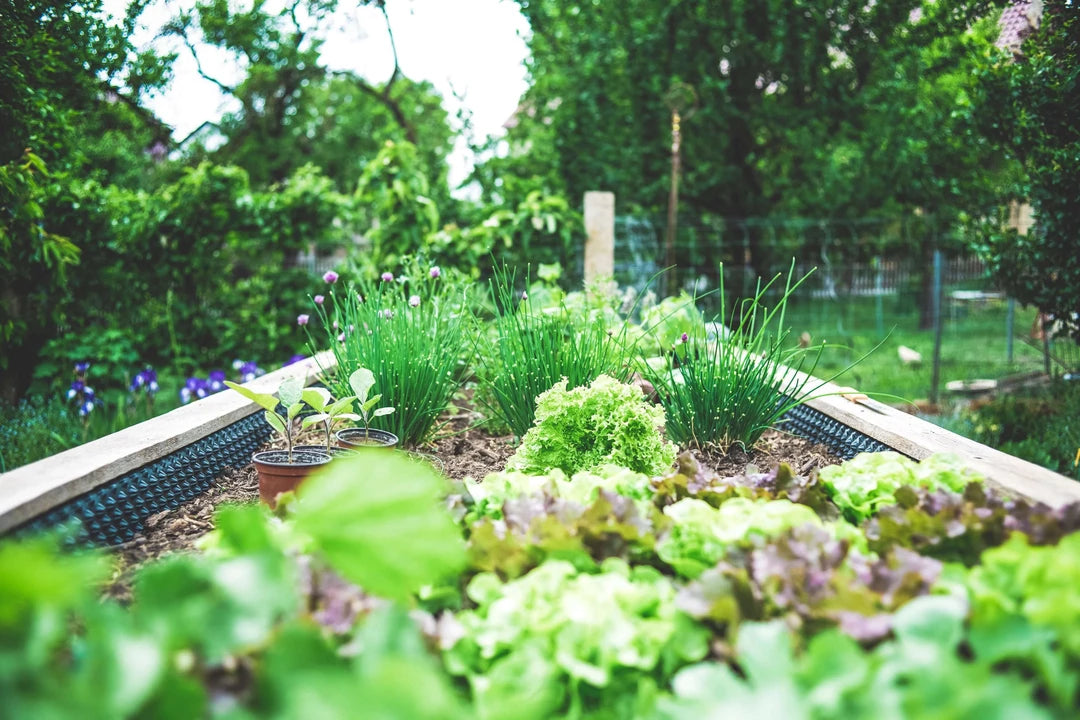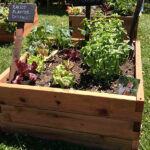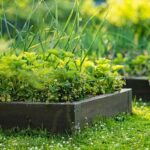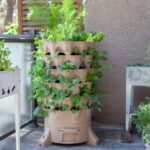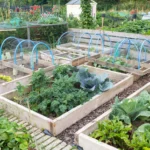Are you a budding homesteader looking to delve into the world of herb gardening? You’re in the right place! Herb gardening for beginners is not only a rewarding hobby but also a practical way to enhance your culinary experiences and support a sustainable lifestyle. In this guide, we’ll explore the essentials of starting your own herb garden, from selecting the right herbs to maintaining your green space.

Why Choose Herb Gardening?
Herb gardening is an ideal starting point for beginners due to its simplicity and minimal space requirements. Whether you have a sprawling backyard or a cozy apartment balcony, you can cultivate a thriving herb garden. Plus, herbs like basil, mint, and rosemary are not only delightful to grow but also offer numerous culinary and medicinal benefits.
Choosing Your Herbs
When starting your herb gardening journey, the first step is selecting the herbs you wish to grow. Consider your climate, available space, and personal preferences. Popular choices for beginners include basil, parsley, mint, and thyme. These herbs are hardy, easy to care for, and versatile in the kitchen.
Understanding Your Space
Before planting, assess your available space. Do you have a garden bed, or are you working with pots on a windowsill? Herbs generally require at least 6 hours of sunlight per day, so choose a location that receives ample natural light. For those with limited outdoor space, consider indoor gardening or using vertical planters to maximize your area.
Getting Started with Planting
Soil and Containers
Quality soil is crucial for a successful herb garden. Opt for a well-draining potting mix enriched with organic matter. If you’re planting in containers, ensure they have drainage holes to prevent waterlogging. For tips on soil preparation and mulching techniques, check out mulching techniques.
Planting Techniques
When planting herbs, follow the instructions on seed packets or plant tags. Generally, herbs should be planted at a depth twice the size of the seed. Space the seeds or seedlings according to the recommended guidelines to ensure proper growth and airflow.
Caring for Your Herb Garden
Watering and Feeding
Watering is crucial, but overwatering can be detrimental. Water your herbs when the top inch of soil feels dry. Use a balanced, organic fertilizer every 4-6 weeks to promote growth. For more on sustainable gardening practices, you can explore reducing waste on your homestead.
Pest and Disease Management
Herbs are generally resilient, but they can still fall prey to pests and diseases. Regularly inspect your plants for signs of trouble, such as discolored leaves or insect activity. Implementing integrated pest management techniques can help maintain a healthy garden.
Harvesting and Enjoying Your Herbs
Once your herbs are mature, it’s time to enjoy the fruits of your labor. Harvest herbs in the morning when their essential oils are most concentrated. Use fresh herbs in your cooking, or dry them for later use. The satisfaction of garnishing your meals with homegrown herbs is unparalleled.
Seasonal Considerations
Different herbs thrive in different seasons. As a beginner, start with herbs that suit your local climate. As you gain experience, experiment with more challenging varieties. For guidance on seasonal planting, visit homesteading for beginners.
Expanding Your Herb Garden
As you become more confident in your herb gardening skills, consider expanding your garden. Introduce new varieties and explore companion planting to enhance growth and deter pests naturally.
Conclusion
Embarking on the journey of herb gardening for beginners is both fulfilling and beneficial. With patience and care, you’ll soon enjoy a thriving herb garden that supports your homesteading lifestyle. Remember, every successful garden starts with a single seed. Happy gardening!

FAQ
What herbs are best for beginners?
Great herbs for beginners include basil, mint, and parsley due to their hardiness and ease of care.
Can I grow herbs indoors?
Yes, many herbs thrive indoors. Ensure they receive adequate sunlight and proper watering.
How often should I water my herbs?
Water herbs when the top inch of soil is dry, typically once or twice a week, depending on your climate.

